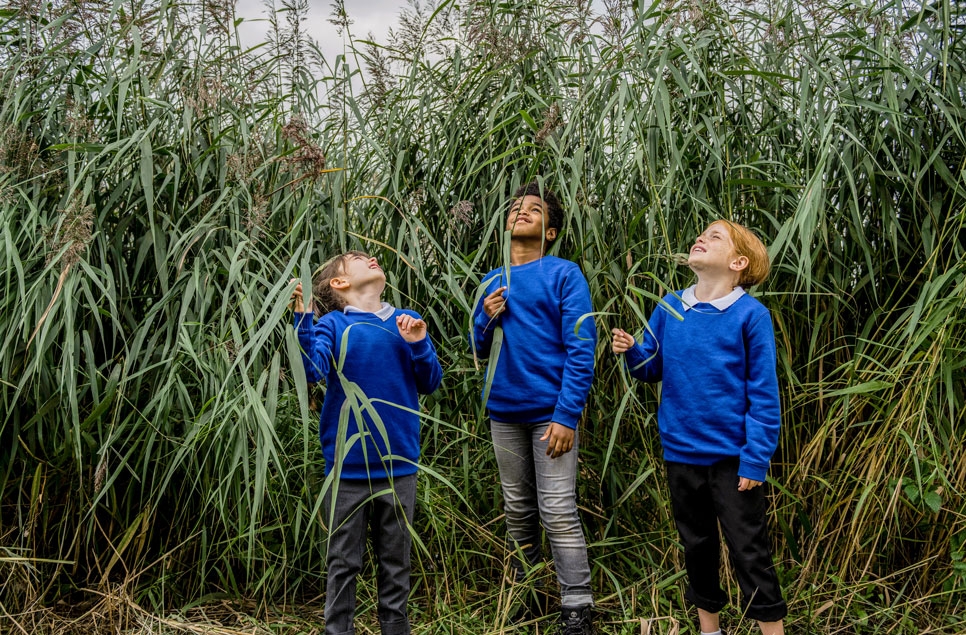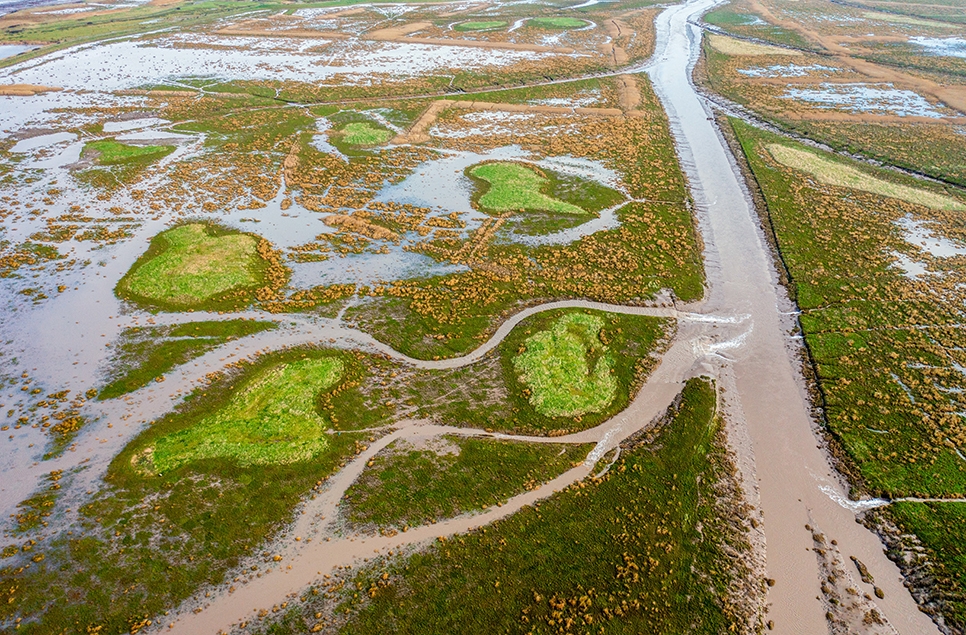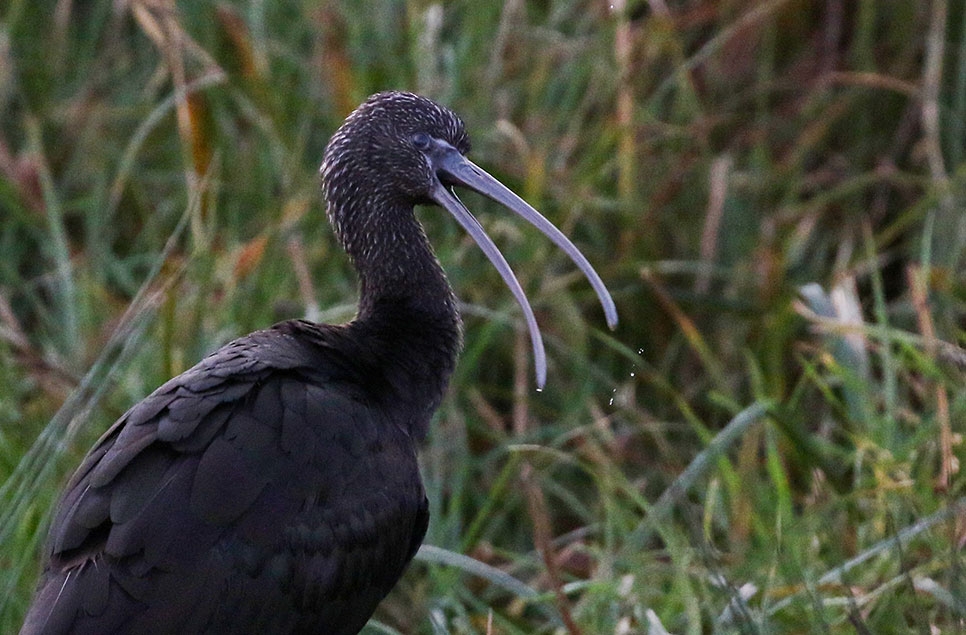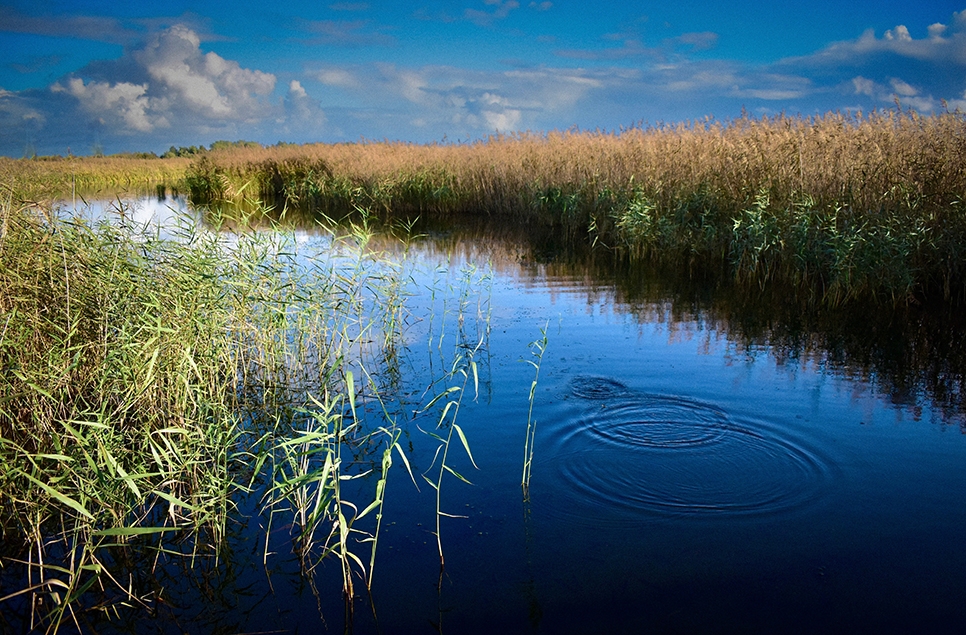Bird watching for beginners: advice for a first-time birder
To help you get the most out of your first bird watching experience, we asked Sam Walker, who recently got into birding, what advice he has for newbies.
If you enjoy being out and about in nature, you might have met a ‘birder’ (that’s a birdwatcher) or two.
The most dedicated birders have lots of kit (and lots of patience!) but as with everything, everyone started somewhere. Usually, they began with a simple appreciation of nature.
The fact that you’re reading this probably means that’s an interest you have as well, or maybe you're looking for a new hobby it's possible to do without going outside. To help you get the most out of your first bird watching experience, we asked Sam Walker, who recently got into birding, what advice he has for newbies.

Start looking, noticing, recording
We’re kicking off with something obvious, but it’s an important one. Watch the birds in your garden or from your window, and you'll start to see different types of birds. If you put food out, they'll likely give you some great views.
Once you've seen the birds, make sure you read up on them while the memory's fresh. A few short trips are often more helpful than a big, long stint in the field. However you do it, the more time you spend looking, the better you’ll get at identifying birds.
Research your gear
All you really need is a decent pair of binoculars for birdwatching. If you want to go the extra mile, get yourself a telescope; you’ll be able to get a closer look and scan across wide, open spaces.

Set your alarm a little earlier
Birds are often most active around dawn, when the temperature is cooler and no one’s been around to disturb them. This is the time of day you’ll find them out in the open, calling, feeding and generally going about their business.
It’s much easier in the winter months, so take advantage of this January darkness and get out there with your bird watching binoculars!
Do your research
There’re a lot of resources out there. Various books, apps and websites (like our blog) can help you to boost your knowledge and ability to identify different birds. You can even train yourself to learn bird calls with audio resources.
Don’t just research before; revisit these resources once you’re home to consolidate what you learned.
Get to know your common birds
Build your confidence by starting with the more easily identified birds. When something unusual flies past, you’ll notice it straight away.
Say hello to other birders
Your local birding community can be a supportive pool of knowledge of the best birding locations.
Twitter is fast becoming the best resource for getting alerts about the whereabouts of rare birds. There are also plenty of websites for county birders, as well as alert apps that cover your local area.
Learn about the seasons
From season to season, you’ll have different bird watching experiences in the UK. Many birds are migratory, and learning what you’re likely to see and when they’re meant to appear will help reduce misidentification.
It’s also common for birds to look different throughout the year. For birds like waders and drake ducks, plumage changes with the season. Knowing these possibilities will keep confusion to a minimum.

Get to know the weather
Temperature, daylight hours, precipitation, cloud cover, wind direction and wind speed can affect birdwatching in the UK.
For instance, a warm southerly wind with clear skies overnight in April will give you some spring migrants from the continent. But if that weather continues overnight, they’ll fly on past. Cross your fingers for cloud cover with light rain showers to ground them.
Know your health and safety
Wear appropriate attire for the season. Don’t enter anyone’s private land, and always stick to the footpath. It’s not worth taking any risks and always remember: drive safely!
Get a notepad
Keep a record of what you’ve seen and when. Most birders like to keep a country life list and a year list. The latter will help you prep for the upcoming year. For instance, you might note down a green sandpiper in the second week of June one year, so you can start to know what to expect by the following June.
For nature fans, birdwatching is a really educational activity. On a longer term basis, you’ll be able to see how various factors affect bird migration. For instance, a warmer spring might see swallows returning earlier.
Get the family involved

Research tells us that birdwatching equips kids with the skills to develop better listening and observational skills. It encourages them to engage more fully with the natural world, too. Next time you’re heading out with your binoculars, it’s a great opportunity to make it a family event.
Where to go bird watching
For beginner birdwatchers, our native wetland birds are the perfect place to start. You won’t need to travel far to see familiar faces, like swans, geese and ducks. If your local park has a pond, it’ll likely be home to wetland birds.
Towns and cities often attract geese, mallards, swans and even coots and moorhens.

There are lots of places you can spot native wetland birds, but some of the best are rivers, canals, lakes and estuaries - and of course, nature reserves. A muddy estuary at dawn or dusk is a treat for any bird watcher, and particularly suitable for those starting out.
Waders, such as coots and moorhens, pad about on the mud at low tide when they’re feeding. They’ll move slowly and methodically, so are much easier to watch than a flitting little garden bird hidden deep in a bush or tree.
If you’re lucky, you might spot a heron or a kingfisher feeding on a river, or maybe a family of mute swans meandering along a canal.
How to be a responsible birdwatcher
Bird watching in the UK is a popular activity. It’s estimated that 3 million of us do it every year.
Sadly, though, more and more of our native bird species are in decline. Because so many of our native birds and their habitats are under threat, it’s vital that we look after them.
Always remember:
- Avoid disturbing birds and their habitats
- Know the law and the rules for visiting the countryside
- Consider the interests of wildlife and local people before passing on news of a rare bird (particularly during the breeding season)
- Be a good ambassador for birdwatching
Have more questions?
Drop us an email at waterlife@wwt.org.uk or join the conversation on our social media channels.



